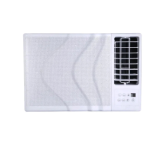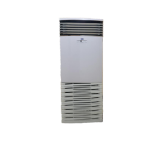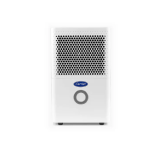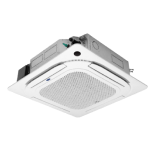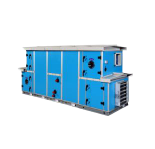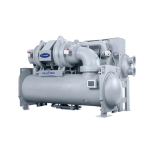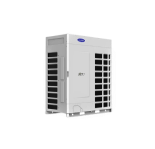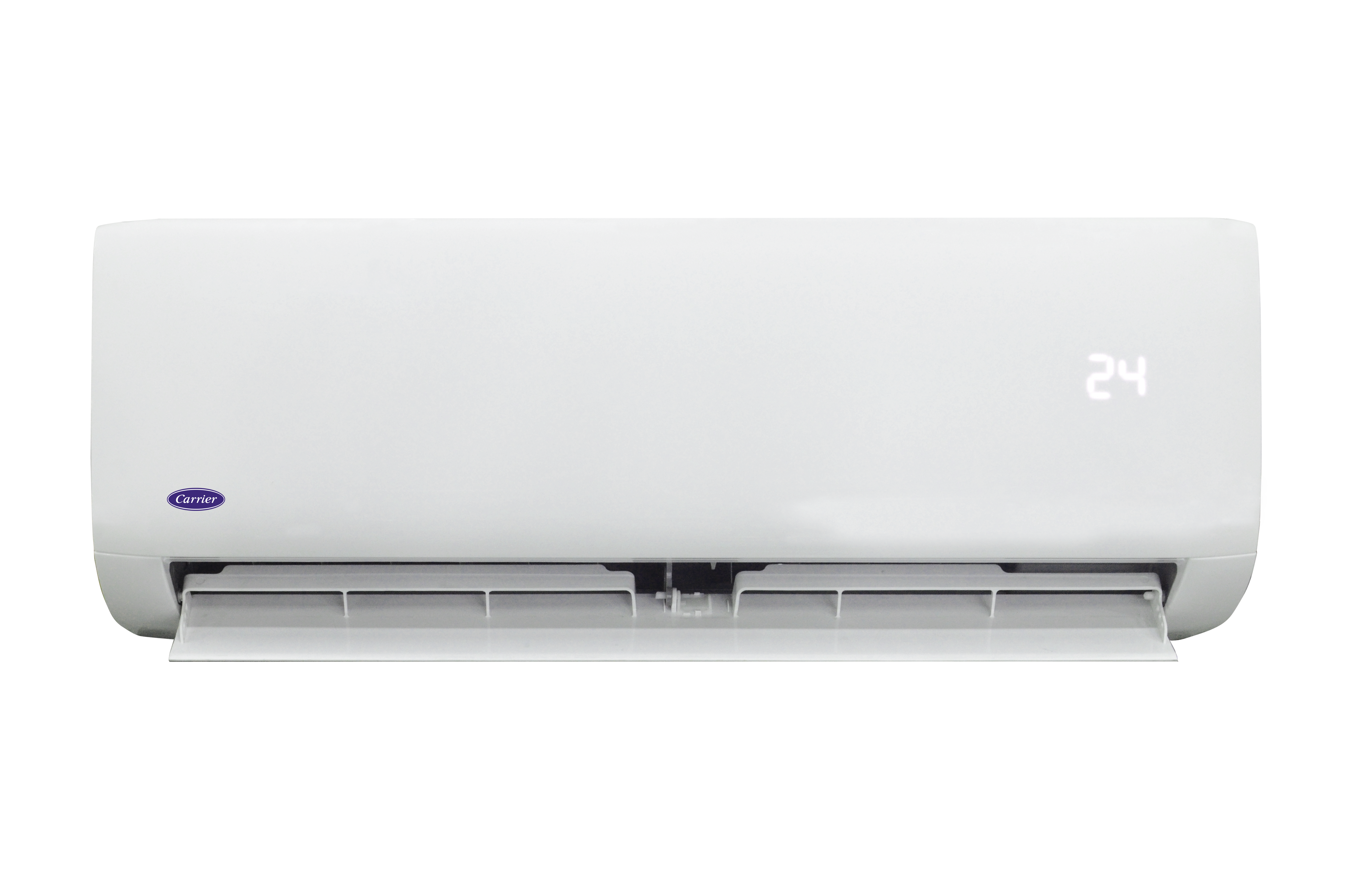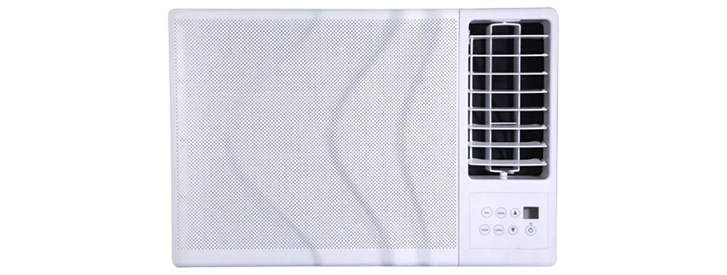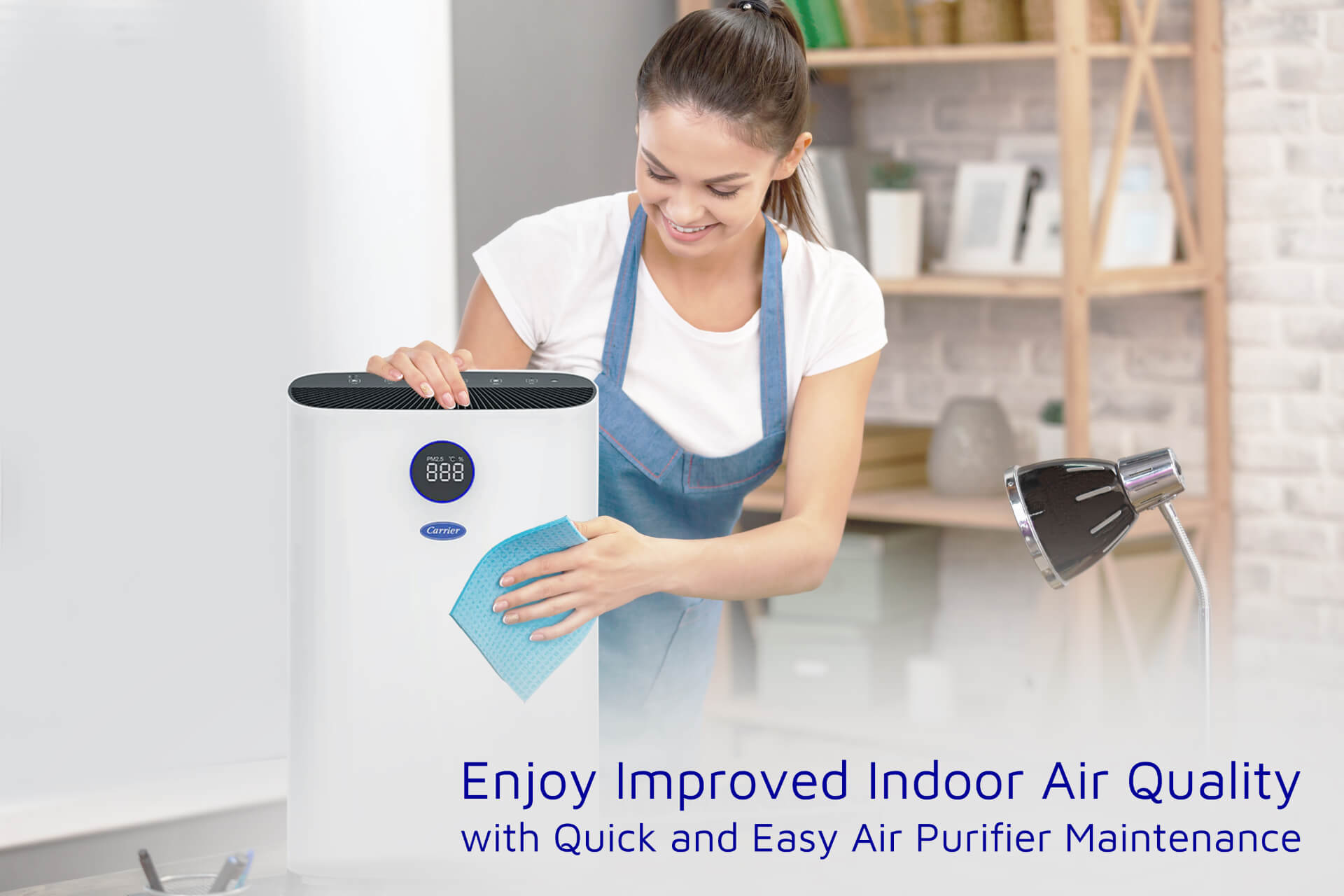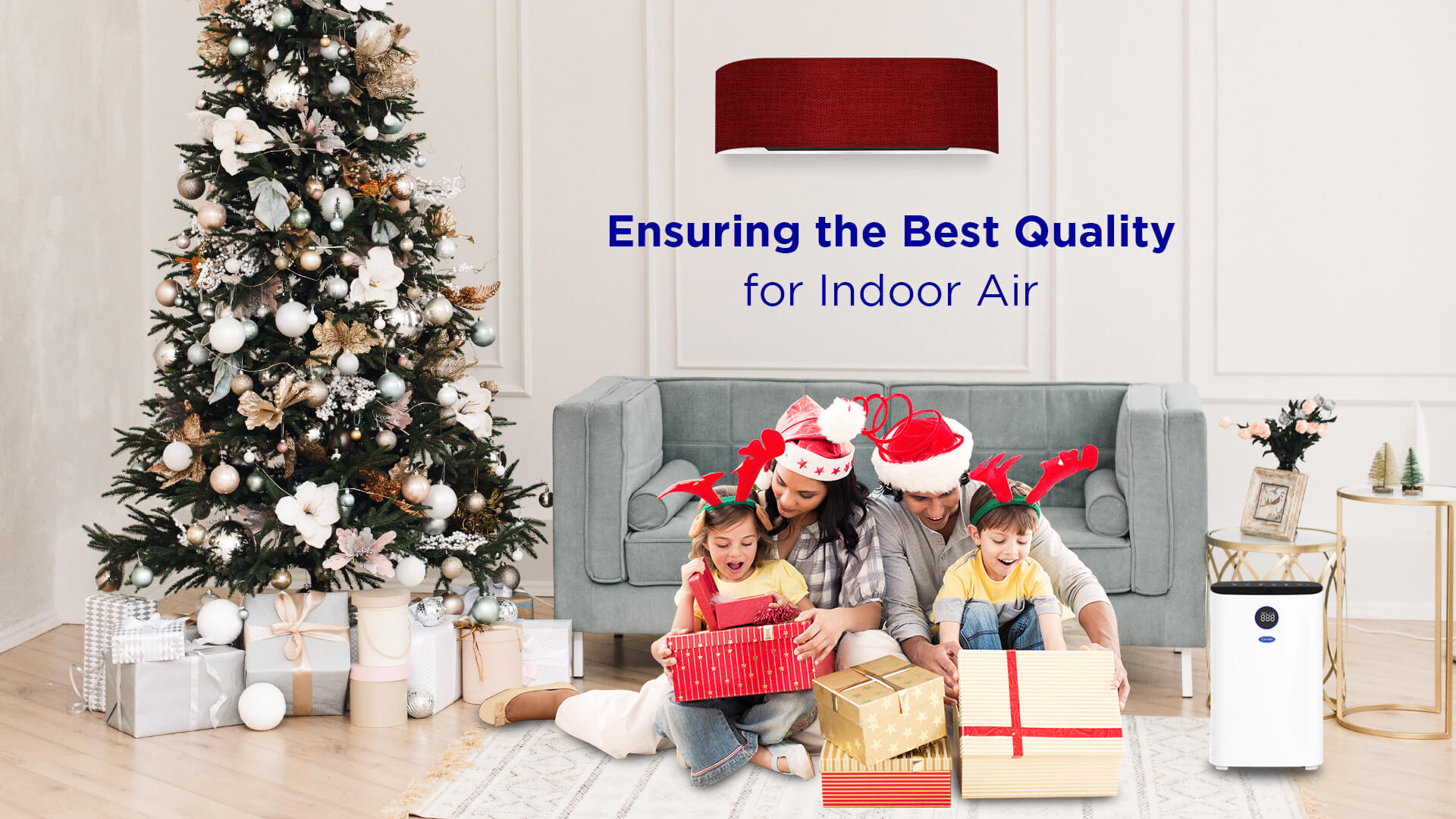Just the usual preparations require a lot of planning; add all the necessary safety precautions to the mix, and you’ve got quite a lot to think about!
However, if you are planning to have a family gathering soon, you can ease at least some of your worries by having an air purifier around. Having one or more of them running can be a good way to decrease the chances of people getting sick. While it won’t provide 100% protection by itself, with additional measures like physical distancing and washing hands, it can assist in making any gathering much safer.
In this article, we’ll explain how air purifiers can help remove allergens and disease-causing bacteria and viruses, and in doing so, create a safer, healthier environment for you, your family, and your guests.

